Accelerating the FE sector’s path to net-zero

By 2024 colleges will be asked to report their carbon emissions by the Department for Education: a new Standardised Carbon Emissions Reporting Framework has been launched to support their net-zero plans.
Earlier this week, a new Standardised Carbon Emissions Framework (SCEF) for the FE sector was launched by the EAUC, enabling colleges to measure, report and manage their carbon emissions. This is part of a far-reaching report on Accelerating towards Net Zero which for the first time provides an estimate of the sector’s carbon footprint to be 18.1 Mt CO2e, with HE institutions contributing approximately 86% of this and FE 12%.
Department for Education’s Sustainability and Climate Change strategy
As part of the Department for Education’s Sustainability and Climate Change strategy colleges will need to report their carbon emissions. In the UK, schools, colleges and universities account for 36% of total public sector building emissions.
Whilst some colleges already report through SECR there will be new guidance from ESFA for colleges to align their carbon reporting to the new Framework. The DfE are in continuing discussions to ensure this does not become an additional reporting burden and colleges will only have to do one set of reporting.
The Framework provides flexibility for colleges depending on where they are in terms of their data, with three different reporting levels available depending on the level of granularity of the data. This allows those who are at the start of their journey to build up their level of reporting over time.
High level of understanding of carbon emissions reporting not needed
The new Framework does not require a high level of understanding of carbon emissions reporting, as within the Framework there is a plain English explanation of what each area covers and where this sits within the setting of a college. There is also guidance on where to find the data and advice on good practice. EAUC are working with the DfE to develop further support, particularly for colleges with limited staff and resources, in starting to report.
Reporting carbon emissions is the first step colleges need to take to start their net-zero journey. Students, governors and wider stakeholders are increasingly wanting to see their colleges leading in climate action, and transparency and consistency in reporting is essential.
The FE Climate Action Roadmap
The FE Climate Action Roadmap is the perfect place for colleges to map against and to develop an action plan. Many colleges are already doing fantastic things in this area but may not be labelling their work as ‘climate action’ or ‘sustainability’ – the Roadmap provides a self-assessment tool to recognise actions already happening. Award-winning examples include Fircroft College of Adult Education, with their programme of moving to a plant-based menu and taking a holistic approach to their catering.
The next thing colleges will need to develop is their Climate Action Plans, again as outlined in the DfE Strategy. EAUC will be working with AoC over the coming months to develop support and guidance for colleges in this area.
Whilst times are tough for colleges at the moment there are lots of low hanging fruits to save energy and save money and reduce carbon emissions so it really is a win/win/win!
By Fiona Goodwin, Interim CEO at EAUC
Read more about the Framework here: https://www.eauc.org.uk/scef
Read Accelerating towards Net Zero: https://bit.ly/AcceleratingNetZero
The EAUC is the Alliance for Sustainability Leadership in Education. Fiona has been with EAUC since 2005 and leads on key flagship initiatives such as the Race to Zero for Universities and Colleges, the Carbon Coalition, the Sustainability Leadership Scorecard and the Green Gown Awards. Fiona also is a founding partner of the UN Higher Education Sustainability Initiative (HESI) and leads on EAUC’s UN ECOSOC Consultative Status and UNFCCC Observer Status.



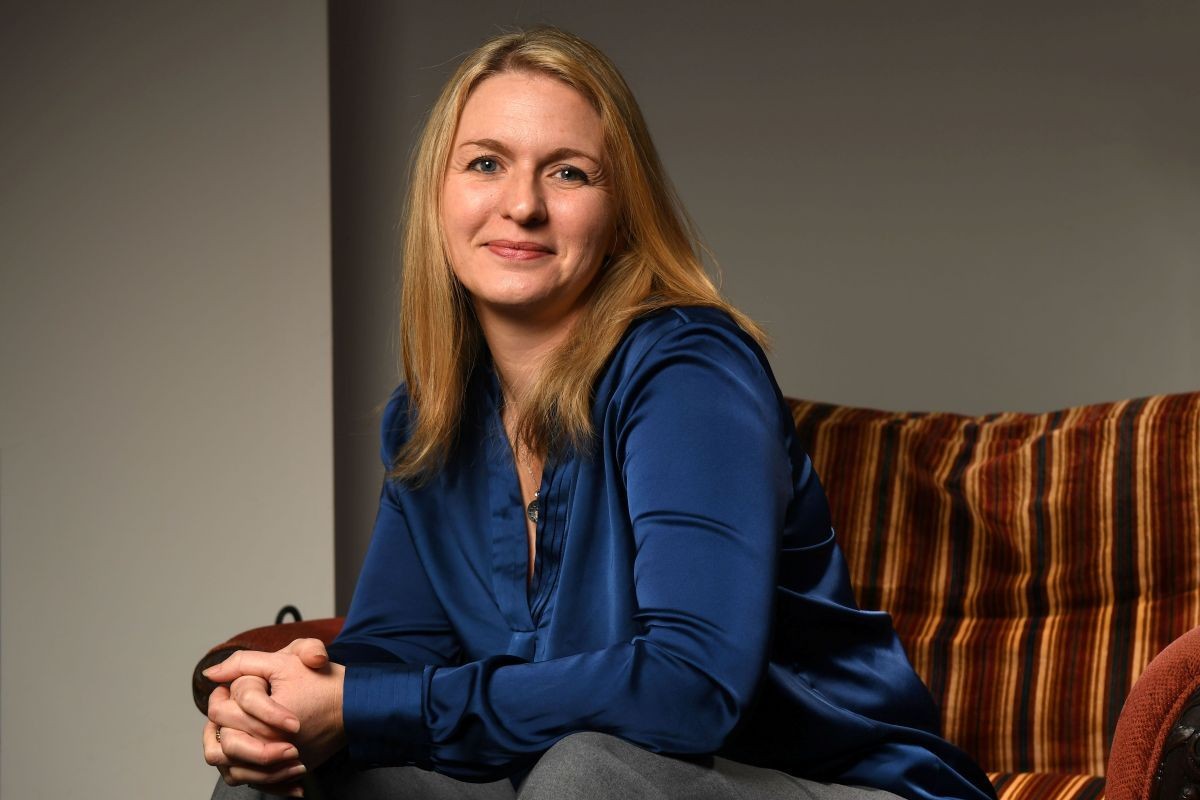
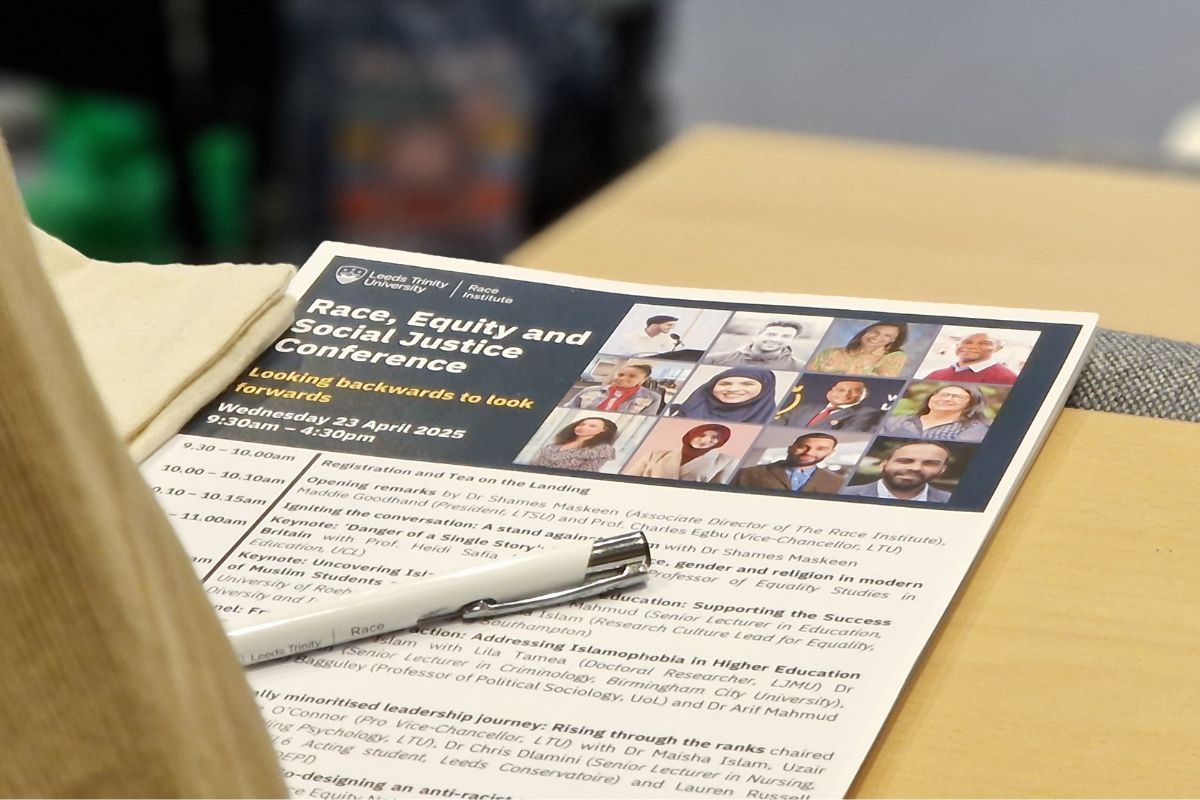

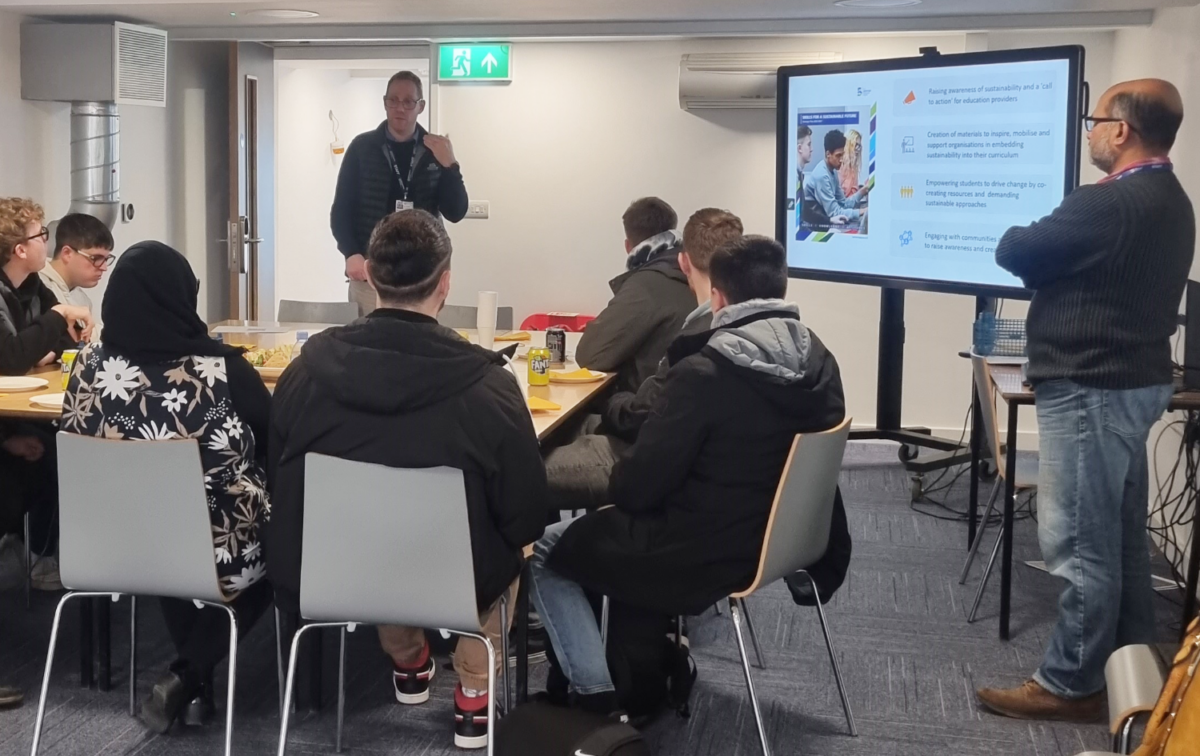
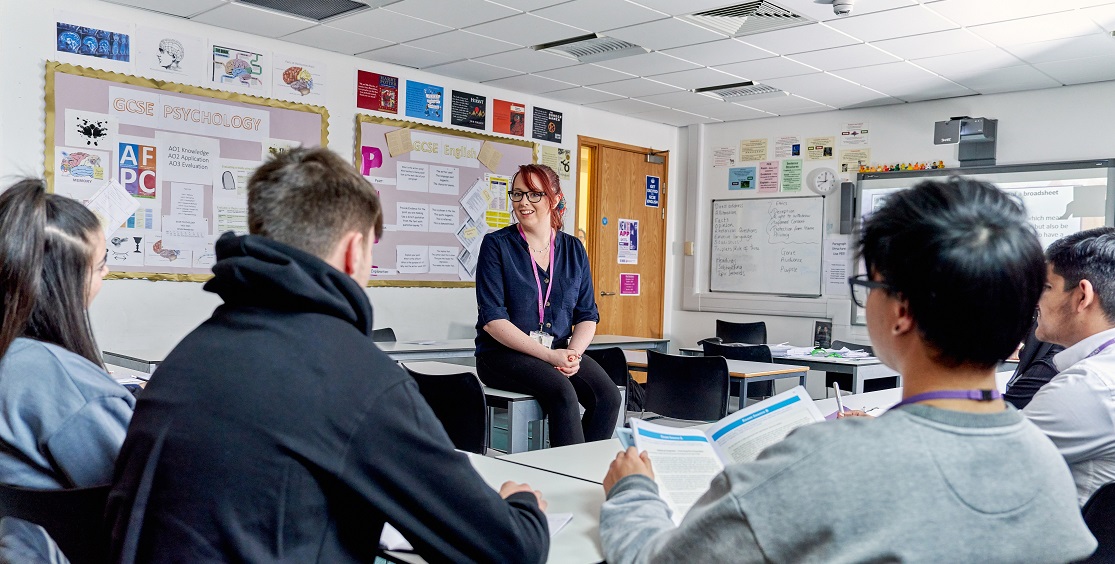

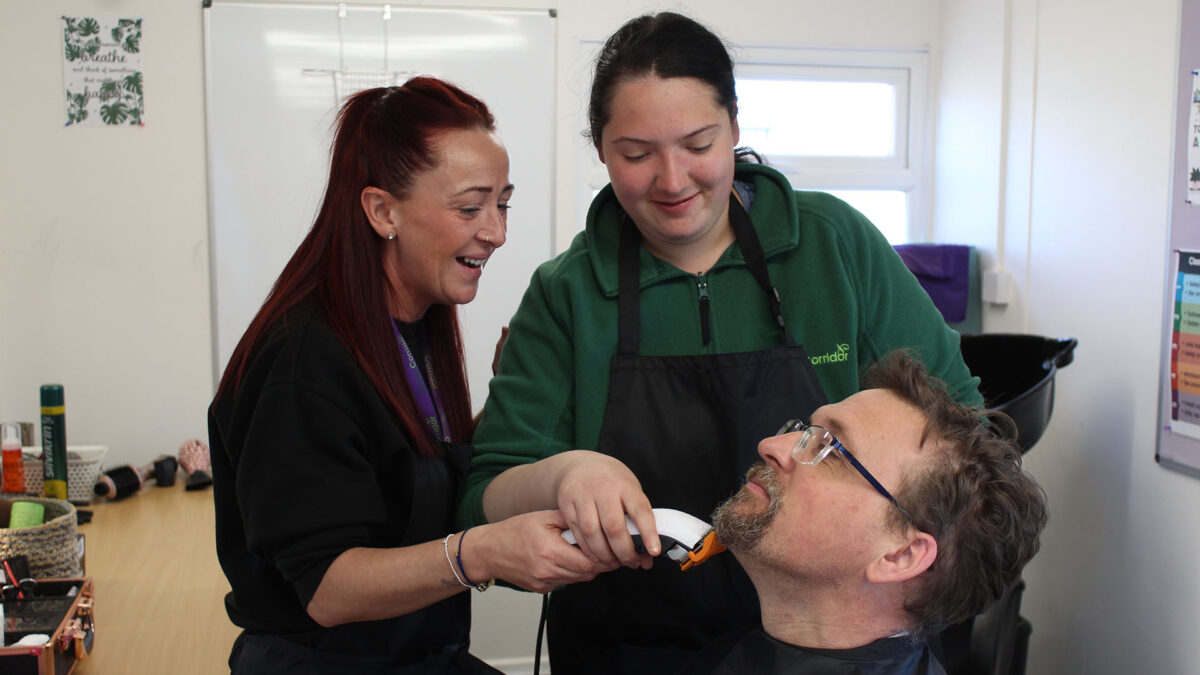

Responses